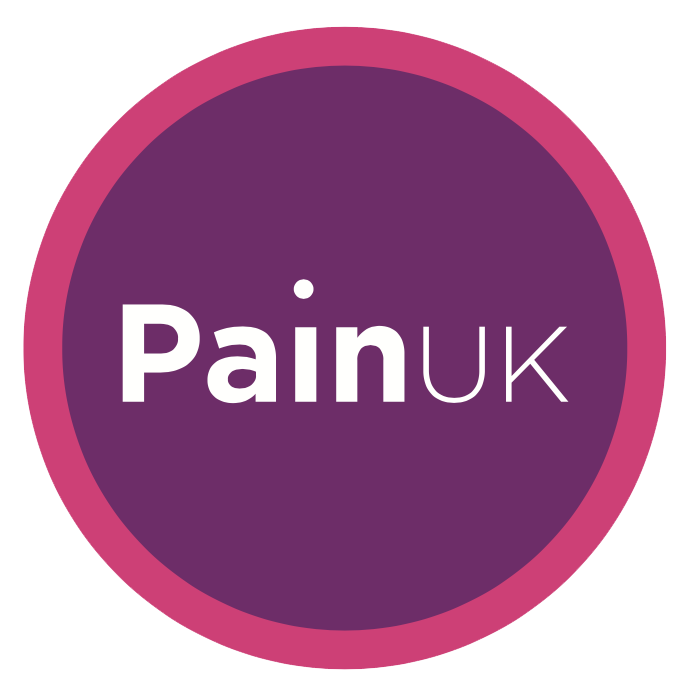Pain UK to play part in pivotal European summit, as incapacity benefit reaches £6.7bn
On Thursday 24 May more than 300 stakeholders from across Europe, including policy makers, clinicians specialising in pain and national patient umbrella group Pain UK, will unite at the EFIC 3rd European symposium on the “Societal Impact of Pain” (SIP 2012) between 29 and 31 May 2012 in Copenhagen, Denmark.
The summit will focus on raising awareness about the societal impact of pain, exchange national best practices of pain care policy and foster the EU-wide implementation of the “Road Map for Action” – the action plan and key result from the EFIC (European Federation of International Chapters) 2nd SIP symposium, which took place in the EU Parliament in Brussels in 2011.
A key discussion point at SIP 2012 will be around chronic pain as a disease in its own right – and will call for chronic pain to be resourced as a government priority. Chronic pain is often seen as a component of other conditions and, when it comes to funding services and even GP training, it is often overlooked. Yet, one in five people suffers from chronic pain1 and 20% have done so for more than 20 years. These genuine cases of immobility contribute to 4.2% of the working population – that’s 2.6 million people – being on incapacity benefit, equating to a cost of £6.7 billion.
Sean McDougall, Chair of Pain UK, says: “It’s time to acknowledge chronic pain both as a long-term condition in its own right and as a component of other long-term conditions. On average, pain education constitutes just 1% of programme hours for undergraduates4 yet one in five of patient consultations with their GP involve discussion of pain.”
“Across Europe, around 100 million people are living in constant pain. The economic cost of mismanaged pain is roughly equivalent to that of the recession in terms of lost opportunities to work. The societal impact, in terms of shortened lifespan, broken marriages and loss of self-esteem is inestimable.”
“That’s why the NHS Patient Outcomes and Commissioning Frameworks need to make pain a priority area. Too often, the most appropriate care options are overlooked and the personal needs of patients with chronic pain are not discussed. In the worst cases, patients are condemned to a life of unresolved pain, consuming too many drugs and suffering depression and loss of income. Pain UK wants all GPs to be given support so that they can offer patients personalised pain management solutions. These might involve drugs, devices, techniques or strategies.”
“While a number of patient and professional organisations in the UK have signed up to the “Road Map for Action”, real improvements in patient care will only be made if the UK government itself prioritises pain via a NICE NHS Quality Standard specifically for chronic pain and by including it as a specific measure within the NHS Outcomes & Commissioning Frameworks. This will ensure that we begin to alleviate the burden of chronic pain upon the individual, society and the economy as a whole.”
“I look forward to reporting back to the UK pain community about developments at an EU level, and how governments across Europe have tackled issues of education, prioritisation and funding.”
More information on the EFIC SIP meeting is available at: www.sip-platform.eu

